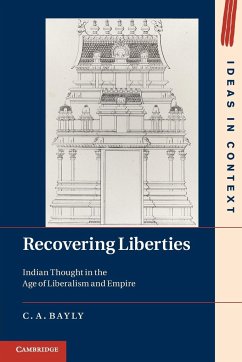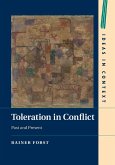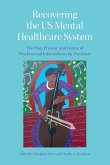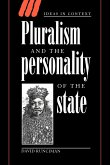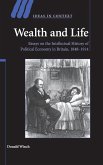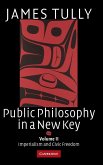One of the world's greatest historians shows how Indians appropriated liberalism to argue for rights, representation and a better society.
In a vibrant contribution to the fields of global intellectual history and the history of South Asia, Christopher Bayly provides an essential background to the emergence of Indian democracy, showing how Indian thinkers used their own traditions along with Western political thought to demand justice, racial equality and political representation.
Hinweis: Dieser Artikel kann nur an eine deutsche Lieferadresse ausgeliefert werden.
In a vibrant contribution to the fields of global intellectual history and the history of South Asia, Christopher Bayly provides an essential background to the emergence of Indian democracy, showing how Indian thinkers used their own traditions along with Western political thought to demand justice, racial equality and political representation.
Hinweis: Dieser Artikel kann nur an eine deutsche Lieferadresse ausgeliefert werden.
'A fine study of the circulation and transformation of liberal agents, ideas and institutions in India from the 1820s. His extensive bibliography in both Indian and English scholarship will doubtless enable further studies of trans- and inter-culturation, liberalization and the nineteenth century.' Regenia Gagnier, Victorian Studies

